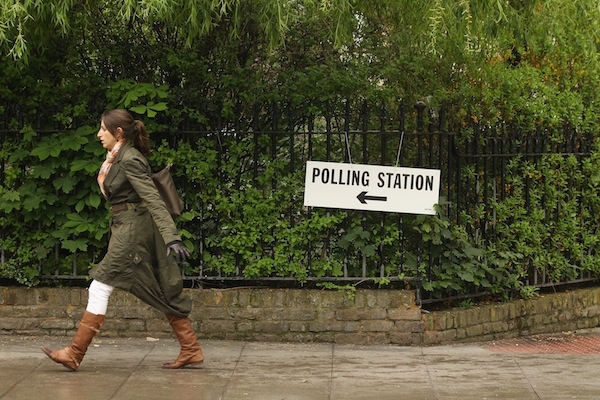In his first statement as Prime Minister on the steps of No10 Downing Street, David Cameron said that “One of the tasks that we clearly have is to rebuild trust in our political system… yes, it’s about making sure people are in control and that the politicians are always their servants and never their masters.”
One key promise in the Coalition Agreement to achieve this was to introduce a power of recall, allowing voters to get rid of sitting MPs and force by-elections where they feel they have been let down.
The Government published a draft Recall Bill in December last year, and invited a Committee of MPs to scrutinise it. At first, it appeared to be one of those rare things; a political promise kept. However the Government’s initial proposals didn’t merely fall short of genuine recall; they weren’t in any meaningful sense recall at all. For one thing, the Government proposals would give a committee of MPs rather than constituents the power to trigger a recall.

Get Britain's best politics newsletters
Register to get The Spectator's insight and opinion straight to your inbox. You can then read two free articles each week.
Already a subscriber? Log in






Comments
Join the debate for just £1 a month
Be part of the conversation with other Spectator readers by getting your first three months for £3.
UNLOCK ACCESS Just £1 a monthAlready a subscriber? Log in